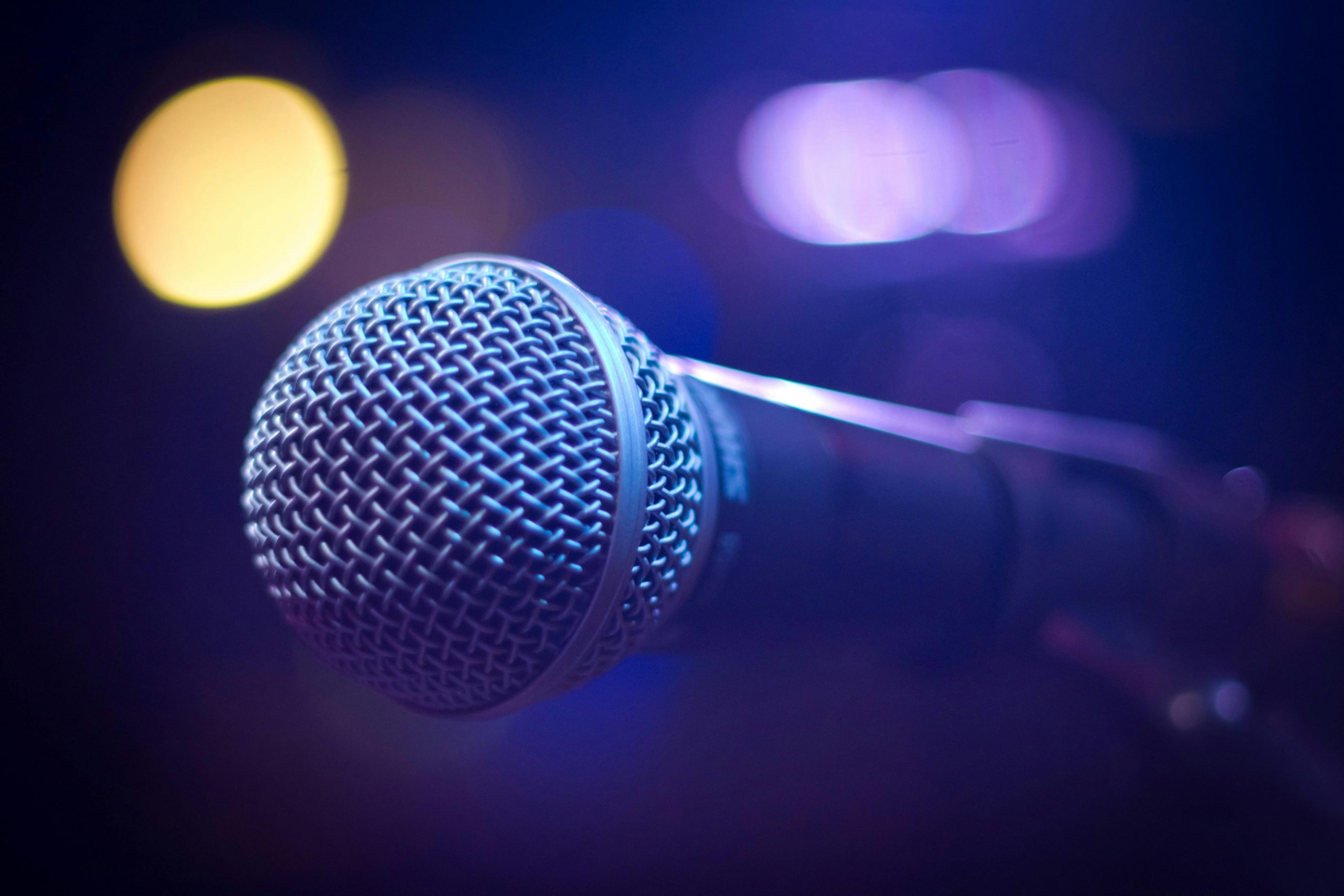When AI Music Meets the Law: Inside Udio’s Settlement With Universal Music

A Turning Point for AI-Generated Music
The relationship between AI music generators and copyright law just changed dramatically. Udio, the viral AI song platform, reached a settlement with Universal Music Group (UMG) after being accused of using copyrighted recordings to train its model. The case marks a defining moment in how generative AI intersects with intellectual property,showing that “fair use” no longer protects large-scale data scraping from major labels.
From Conflict to Collaboration
Instead of shutting the platform down, Universal and Udio chose partnership over prohibition. Through newly signed recording and publishing licenses, Udio can continue operating while compensating artists and songwriters. This signals a broader industry shift where AI companies must license their training data rather than collect it freely—aligning innovation with legal compliance.
A Walled-Garden Future for Users
Following the deal, Udio disabled all song downloads, giving users just 48 hours to recover past creations. The platform is transitioning into a “walled-garden” system where songs can be generated and streamed, but not exported. While this raises questions about ownership for creators, it also establishes a safer and more regulated ecosystem for distributing AI-assisted works
Why Detection Technology Now Matters
As more AI platforms move toward licensing models, music detection and verification tools become critical. They provide transparency,identifying whether a track was generated by AI, composed by humans, or created through hybrid workflows. Provenance tracking, metadata tagging, and detection accuracy are quickly becoming the foundation of ethical AI music practices.
The Road Ahead: Licensed, Traceable, Transparent
The Udio–Universal settlement represents a new blueprint for responsible AI music creation. It shows that creativity and compliance can coexist when transparency is prioritized. As generative platforms evolve, AI Music Detection helps ensure that innovation remains verifiable, lawful, and fair to every artist whose work shapes the sound of tomorrow.
